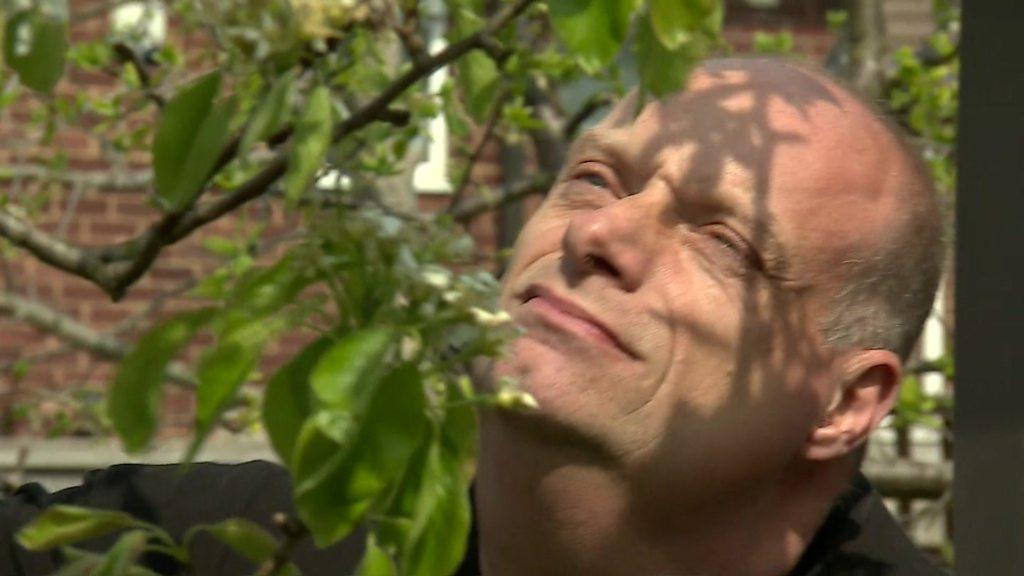Contaminated blood scandal: Welsh payouts 'not fair'
- Published
Kirk Ellis said he was 'absolutely devastated' to find he had infected blood
Welsh victims of the contaminated blood scandal have said it is not fair they get less financial help than people affected in England and Scotland.
Kirk Ellis, 38, from Caerphilly, receives £18,500 a year after he contracted hepatitis C when he was given infected blood as a child.
But in April, Theresa May increased funding to patients in England, worth an extra £10,000 in Mr Ellis's case.
The UK government said it was liaising with Welsh ministers on greater parity.
A public inquiry into the scandal is looking at why thousands of people with haemophilia were infected with hepatitis C or HIV in the 1970s and 1980s.
Each of the UK nations has its own financial support scheme for infected patients. In Wales, 175 people receive payments.
Mr Ellis said the UK government should increase the funding, not the Welsh Government, as "we were under one government when infected".
"How can it be fair? We were infected under the same system," he told BBC Wales.
"I've got the same medical condition, same damage done to my body, living with the same anxiety and depression as somebody living in those places."
The father of one, who was diagnosed with haemophilia as a toddler, believes he was infected by his first dose of the clotting agent Factor VIII.
But he did not find out until he was a teenager.
"I was devastated, absolutely devastated," he said.
Mr Ellis is classed as having hepatitis C at stage two because he has cirrhosis of the liver.
Since April, patients in England in the same position as Mr Ellis have been entitled to £28,000 a year.
In Scotland it is £27,000 after it made changes to its payments in 2017, although Northern Ireland has the same payment scheme as Wales.
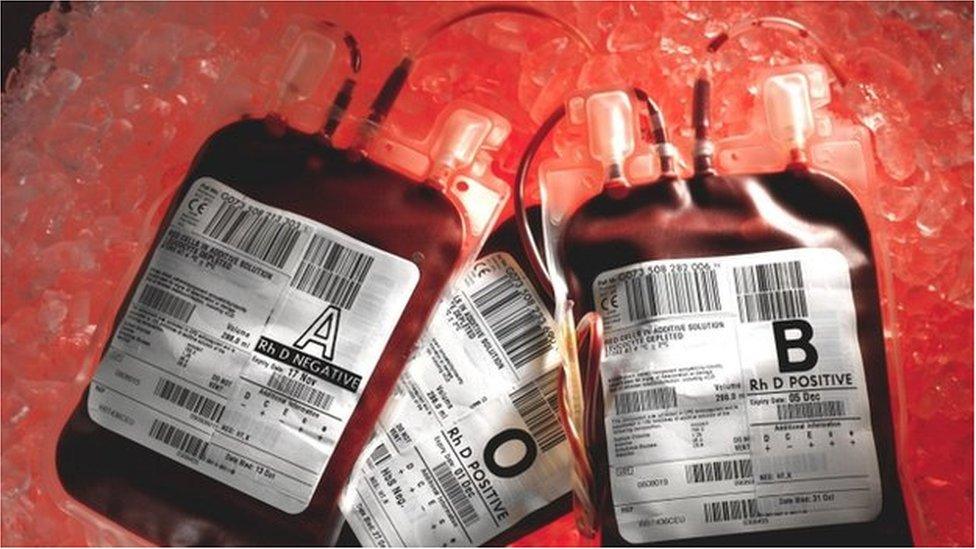
175 people receive payments in Wales
Campaigners met ministers from the UK and devolved governments, including Cabinet Office minister David Lidington, in January.
First Minister Mark Drakeford said the meeting agreed there would be a UK-wide approach to support for patients.
But in April, at the start of the public inquiry, the prime minister announced an extra £29m for English patients.
About 50 people in Wales are in Mr Ellis's situation with stage 2 Hepatitis C.
Norman Hutchinson, of Benllech, Anglesey, cares for his wife Jennifer who developed Hepatitis C as a result of the scandal - a diagnosis that "devastated" her health and "turned both our lives upside down", he said.
He told BBC Radio Wales Breakfast with Claire Summers: "This is the problem of the Welsh Government. It's about time they stopped political bickering and took a hard look at the people who are suffering."
But Plaid Cymru AM Dai Lloyd, a GP, said Westminster governments had "run away" from their responsibility to patients.
The Scottish government had more money to spend than Wales, he told BBC Radio Cymru.
'Greater parity'
Lynne Kelly, chair of Haemophilia Wales, said there was a "patchwork" of support payments across the UK, but victims had not been compensated as no government has ever accepted it was at fault for the scandal.
The Infected Blood Inquiry is hearing evidence around the UK. It is in Belfast this week, and will come to Cardiff in July.
The Welsh Government said additional support was announced in March for infected patients.
As well as money, it provided "extensive wrap around services, which include psychological support" for victims, a spokesman said.
He added the government was "committed to working across the UK to ensure parity of the schemes", although there were no extra resources for Wales as a result of the English announcement.
The UK government said it was liaising with the Welsh Government about "how greater parity can be achieved between infected blood support schemes across the UK".
- Published20 May 2019

- Published1 May 2019
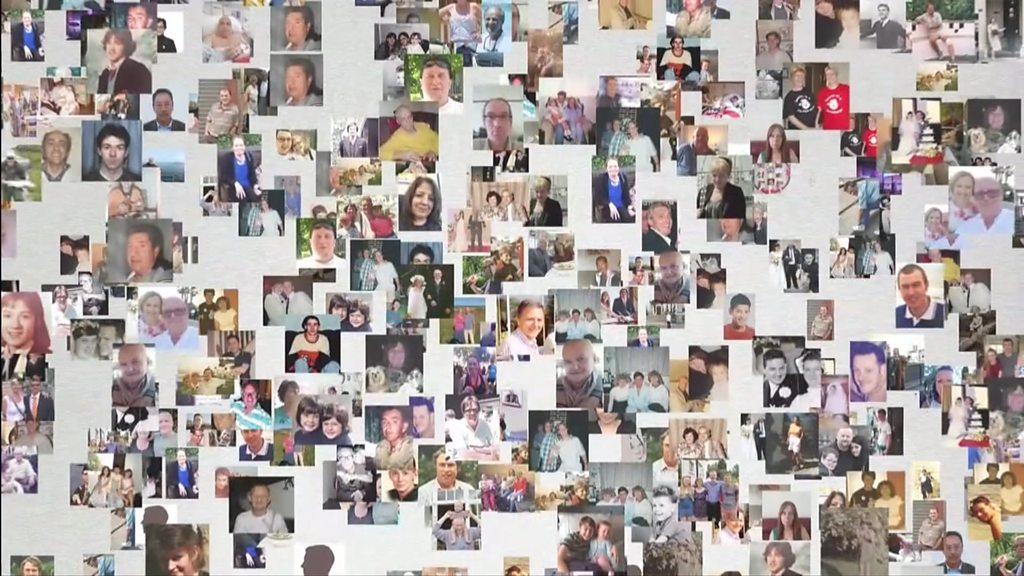
- Published1 May 2019
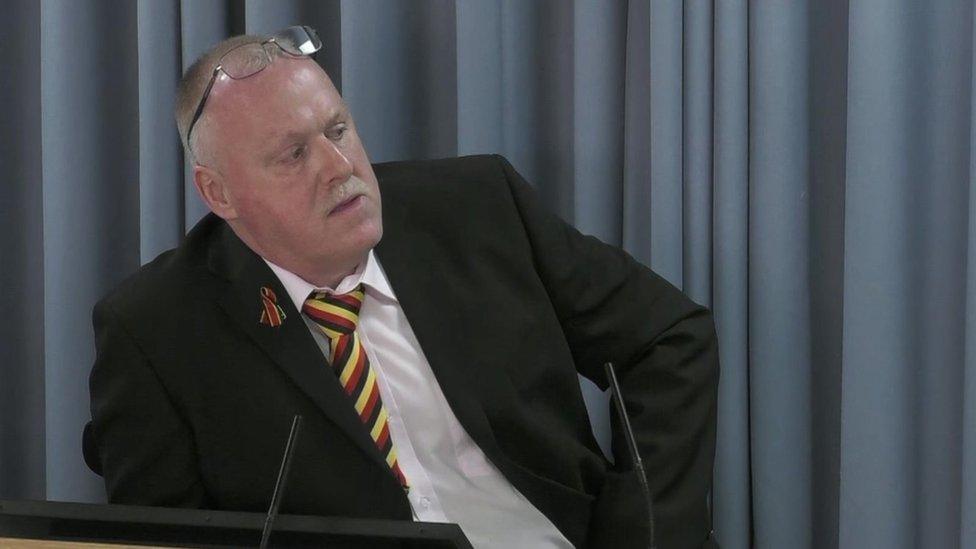
- Published30 April 2019
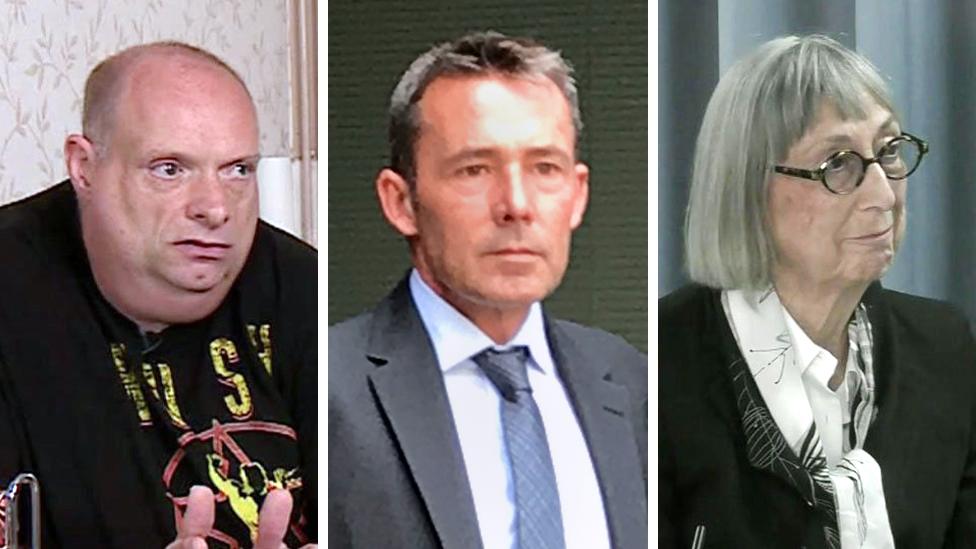
- Published30 April 2019
